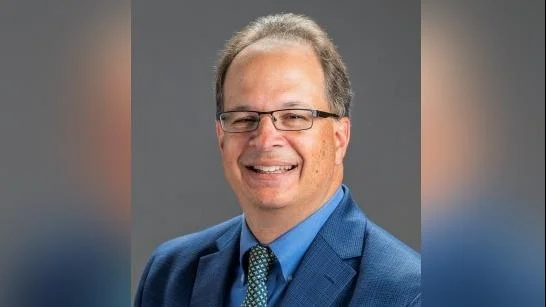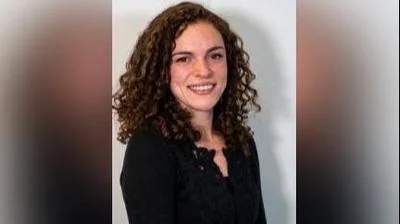Paul Arco Media Relations Coordinato | OSF HealthCare, Featured Stories, IL
Paul Arco Media Relations Coordinato | OSF HealthCare, Featured Stories, IL
Women are encouraged to perform monthly breast self-checks as part of early detection efforts for breast cancer, according to Heather Thompson, a breast health navigator at OSF HealthCare and a breast cancer survivor.
Thompson explains that while finding a lump is often the most discussed warning sign, it is not the only indicator. She says women should also be aware of changes in skin texture—such as an orange peel appearance or flakiness—unexpected nipple discharge or inversion, differences in breast size, new pain in the area, and tenderness or swelling under the armpit. "Your lymphatic system drains to armpits," Thompson says. "So, if there’s anything going on in the breast, it’s going to show up in your armpit eventually."
She advises women to select a consistent date each month for their self-exam—ideally about a week after their menstrual cycle ends—to help them notice any changes more reliably. Many find performing the check in the shower convenient. The recommended method involves using circular motions with fingertips from the outside toward the center of each breast and repeating this process under each armpit. Visual inspection in front of a mirror can help identify changes such as one breast appearing larger than the other.
Some individuals may involve a trusted adult for another perspective or take photos during self-exams to share with healthcare providers later. "When you go to the doctor, they can look at the picture. If the abnormality has changed or gone back to normal, then we know it’s nothing to really worry about. But if the issue has increased in size or looks worse, it’s something to be concerned about," Thompson says.
If someone discovers something unusual during a self-check, Thompson recommends contacting their primary care provider or OB/GYN promptly rather than visiting an emergency department unless severe pain or abscess is present. A diagnostic mammogram is typically ordered first; further tests like ultrasound or biopsy may follow if needed.
Thompson emphasizes that while immediate panic is not necessary since most changes do not progress drastically over several weeks, people should still act without prolonged delay: "Breast cancer is not going to change that drastically in three to four weeks," she notes. "It’s not going to make that big of a difference. However, you want to get yourself scheduled and be proactive. Don’t say ‘Oh let me watch it for a few months and see if it changes.’"
Regular monthly checks complement scheduled mammograms as important steps for prevention and early intervention against breast cancer. Women are advised to consult their providers regarding appropriate mammogram intervals based on personal risk factors.
"Typically, we do a mammogram every year to get the breast image," Thompson says. "But during the year, things can develop that you don’t notice. Some things can develop very quickly."
"By doing a monthly exam, you learn your body. You know how it feels," she adds. "Each month you may say ‘Well I didn’t remember that there last month.’ So you can address it right away."
Early detection remains crucial for improved outcomes; according to estimates from The American Cancer Society (https://www.cancer.org/cancer/types/breast-cancer/about/how-common-is-breast-cancer.html), approximately 43,700 women were expected to die from breast cancer in 2023.
For more information on breast health and related stories visit OSF HealthCare's website (https://www.osfhealthcare.org/).





 Alerts Sign-up
Alerts Sign-up